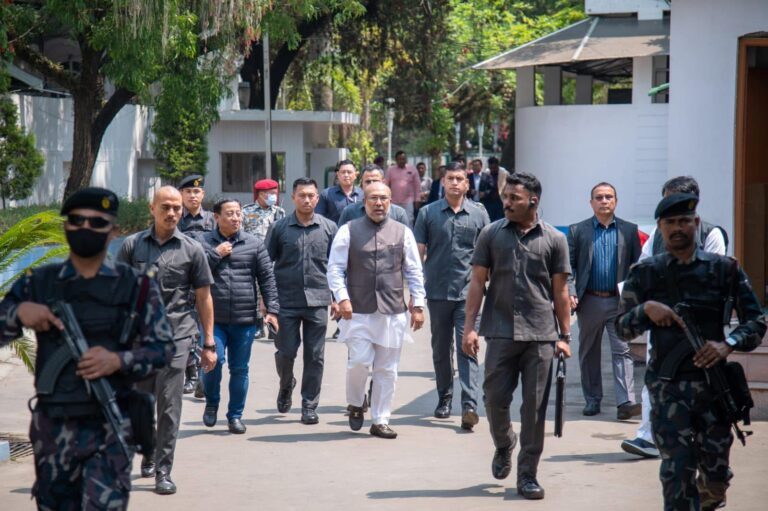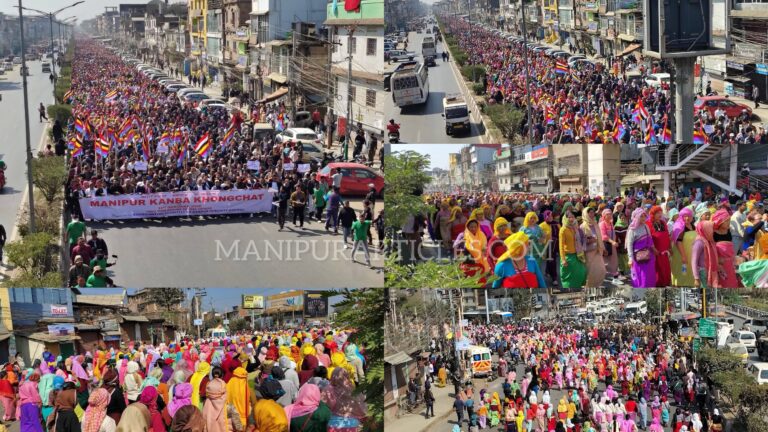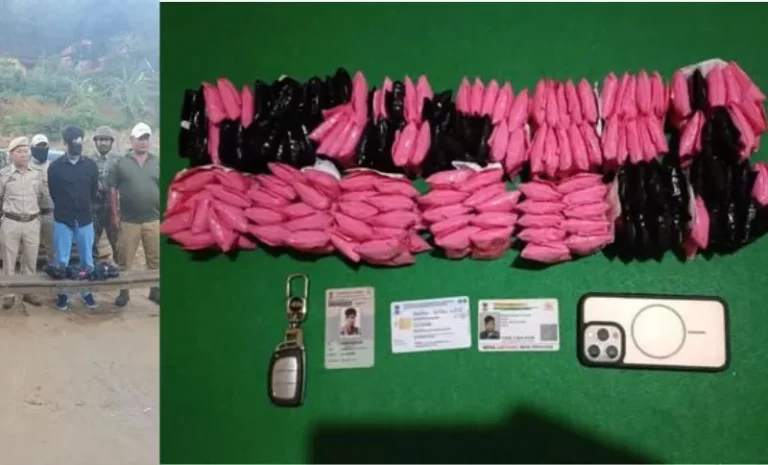Madhya Pradesh High Court Allows 14-Year-Old Rape Survivor to Undergo Abortion
The Madhya Pradesh High Court has permitted a 14-year-old rape survivor to undergo a medical termination of pregnancy after medical experts and a court-directed counselling process assessed the risks to her health and welfare. The girl was reported to be in the late second / early third trimester, and the court’s order followed recommendations from a medical board and counselling for her parents. The case highlights the intersection of India’s updated Medical Termination of Pregnancy law, child-protection obligations under the POCSO Act, and recent judicial precedent allowing termination beyond statutory gestational limits in exceptional cases.
The Madhya Pradesh High Court considered a petition concerning a minor rape survivor who was several months pregnant. Medical experts and a medical board examined her, and the court undertook counselling with the family before issuing the permission for termination on medical grounds. The case was brought up in the context of statutory time limits for abortion, but courts and medical boards were involved to evaluate health risks and the best interests of the child. Specific gestational details reported in related local coverage indicate the pregnancy was advanced enough to trigger judicial scrutiny and require careful medical and legal consideration.
FAQs
Q1: Why did the court have to approve the abortion—can’t doctors do it under the MTP Act?
When pregnancies go beyond the routine statutory windows (especially past 24 weeks), the MTP framework requires additional scrutiny — often via a Medical Board or judicial oversight — to ensure the procedure is medically justified and performed safely. Courts become involved particularly where minors, criminal investigations, or parental disputes are in play.
Q2: Does the POCSO Act stop minors from getting abortions?
No — POCSO requires mandatory reporting of sexual offences against children, which means clinicians must inform authorities. However, the obligation to report should not prevent timely medical care. The tension between reporting and access to care is recognised, and courts and hospitals often put procedures in place to preserve evidence while ensuring the minor receives prompt treatment.
Q3: Can abortions be legally allowed after 24 weeks in India?
Yes, in exceptional circumstances, a Medical Board can consider requests beyond 24 weeks and recommend termination if the medical evidence supports it. Indian courts have also authorised such procedures in rare, exceptional cases—particularly where continuing the pregnancy would harm the minor’s health or rights.
Q4: What protections exist for the minor’s privacy and wellbeing during this process?
Courts and hospitals typically handle such matters with confidentiality, use in-camera hearings (private court sessions) when needed, mandate counselling, and direct appropriate post-procedure social and medical support. The law also provides mechanisms to preserve forensic evidence without public disclosure.
Q5: What can policymakers do to reduce delays and trauma in similar cases?
Policymakers can clarify protocols reconciling POCSO and MTP obligations, expand trained Medical Boards in hospitals, increase access to adolescent reproductive health services, and fund counselling and rehabilitation programs—so that survivors receive fast, trauma-informed care while legal investigations proceed.





